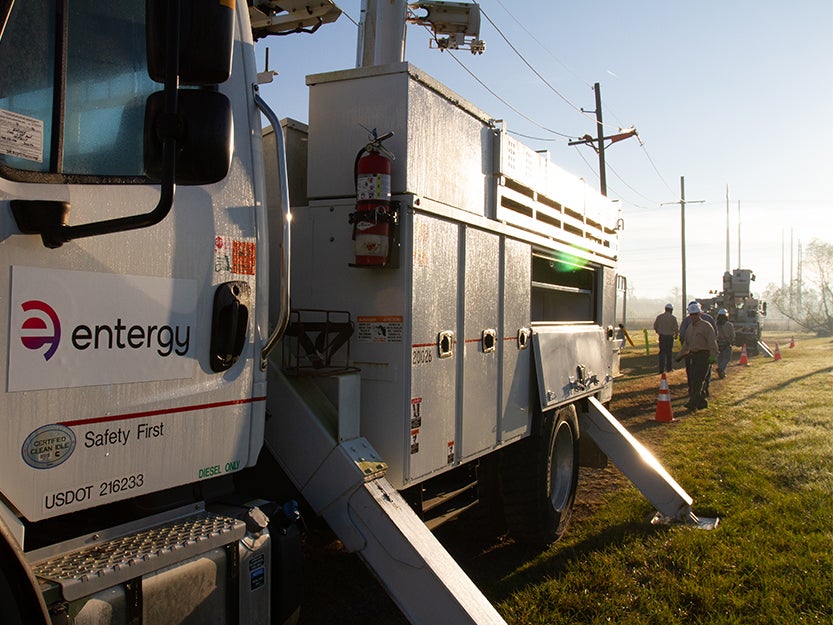Citgo fined for alleged violations at Lake Charles refinery
Published 8:00 pm Thursday, September 19, 2013
The U.S. Department of Justice and the Environmental Protection Agency announced Thursday that Citgo Petroleum Corp. has agreed to pay a $737,000 fine and install pollution controls at two of its refineries for alleged violations of the Clean Air Act.
The settlement, filed in U.S. District Court for the Southern District of Texas, resolves an EPA complaint that between 2007 and 2008 Citgo’s Lake Charles refinery produced fuel that exceeded its annual average emissions life for mobile-source air toxins, including benzene, a colorless and flammable liquid that evaporates quickly. The American Cancer Society has linked benzene to leukemia.
EPA officials also charged that between Dec. 31, 2008, and Jan. 3, 2009, Citgo failed to conduct Clean Air Act-required sampling and testing of reformulated gasoline blendstock at its Lemont, Ill., refinery.
In addition to the fine, Citgo will “implement projects that are expected to reduce emissions of volatile organic compounds (VOCs), including toxics, by more than 100 tons over the next five years,” according to a Justice Department news release.
The settlement comes less than two months after the 5th U.S. Circuit Court of Appeals asked U.S. District Judge Richard Haik to reconsider a $6 million penalty levied against Citgo for a 2006 oil spill, which occurred at the company’s Lake Charles refinery. The Justice Department is seeking $247 million in penalties for the 2006 incident.
At its Lake Charles refinery, Citgo will install carbon adsorption systems on two fuel storage tanks. In Lemont, it will install and maintain a geodesic dome on one fuel storage tank. The settlement requires Citgo to install these pollution controls within a year after the consent decree takes effect. EPA officials said that date has yet to be determined.
“The terms of this settlement require projects to significantly reduce harmful air pollution, including reductions in benzene emissions and other cancer-causing air toxics,” Robert G. Dreher, acting assistant attorney general of the Justice Department’s Environment and Natural Resources Division, said in the news release. “This agreement will benefit communities across the United States with cleaner healthier air and will bring mobile sources of pollution under control, according to the standards of the Clean Air Act.”
In the news release, Cynthia Giles, assistant administrator for the EPA’s Office of Enforcement and Compliance Assurance, said that producing fuel for U.S. cars “carries a requirement to meet Clean Air Act standards.”
“The innovative technologies that Citgo is required to install will reduce the impact of its fuel production on the environment and help protect communities from harmful air pollution,” she said.
Citgo officials did not respond to a request for comment.
Online: www.justice.gov/enrd/ConsentDecrees/Citgo_Lodged_Consent_Decree.PDF.
(MGNonline)




